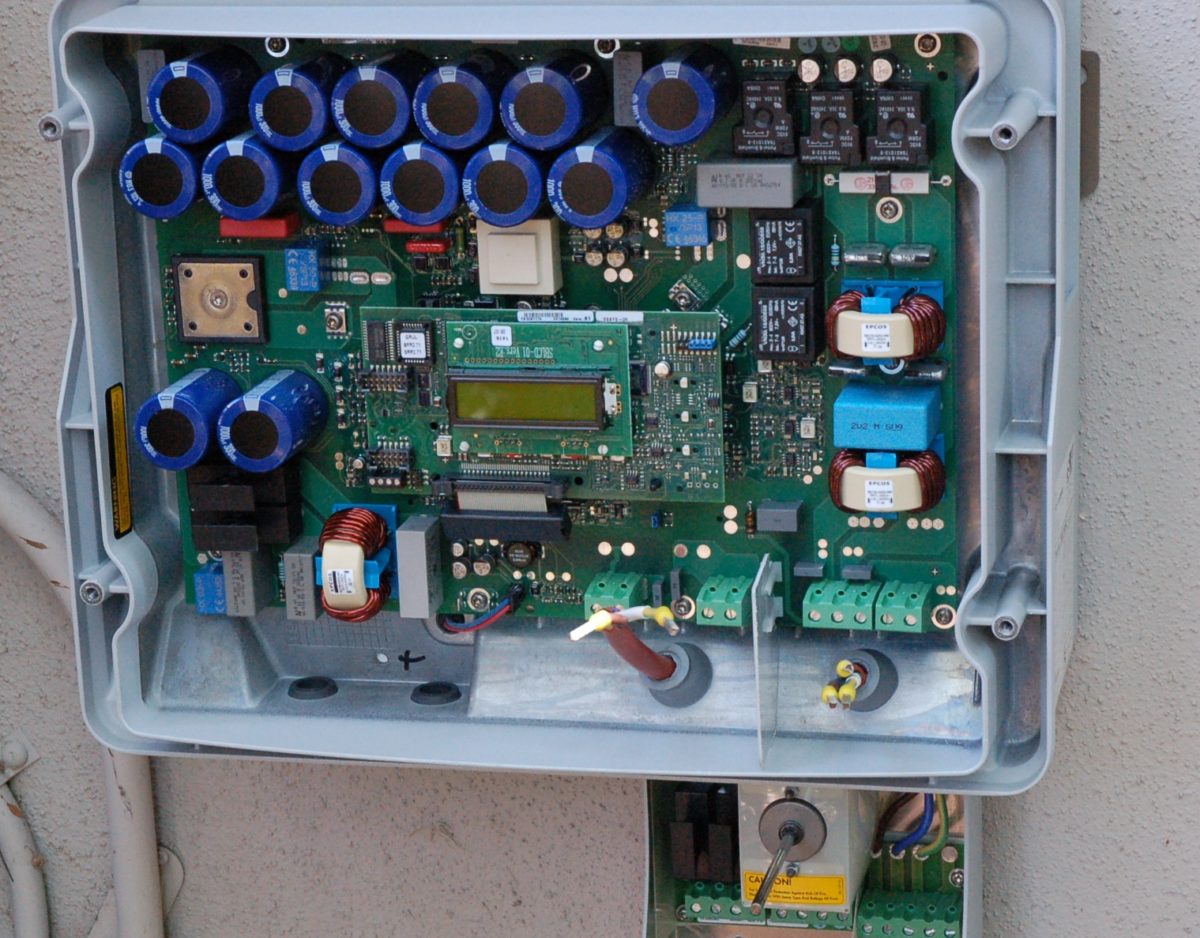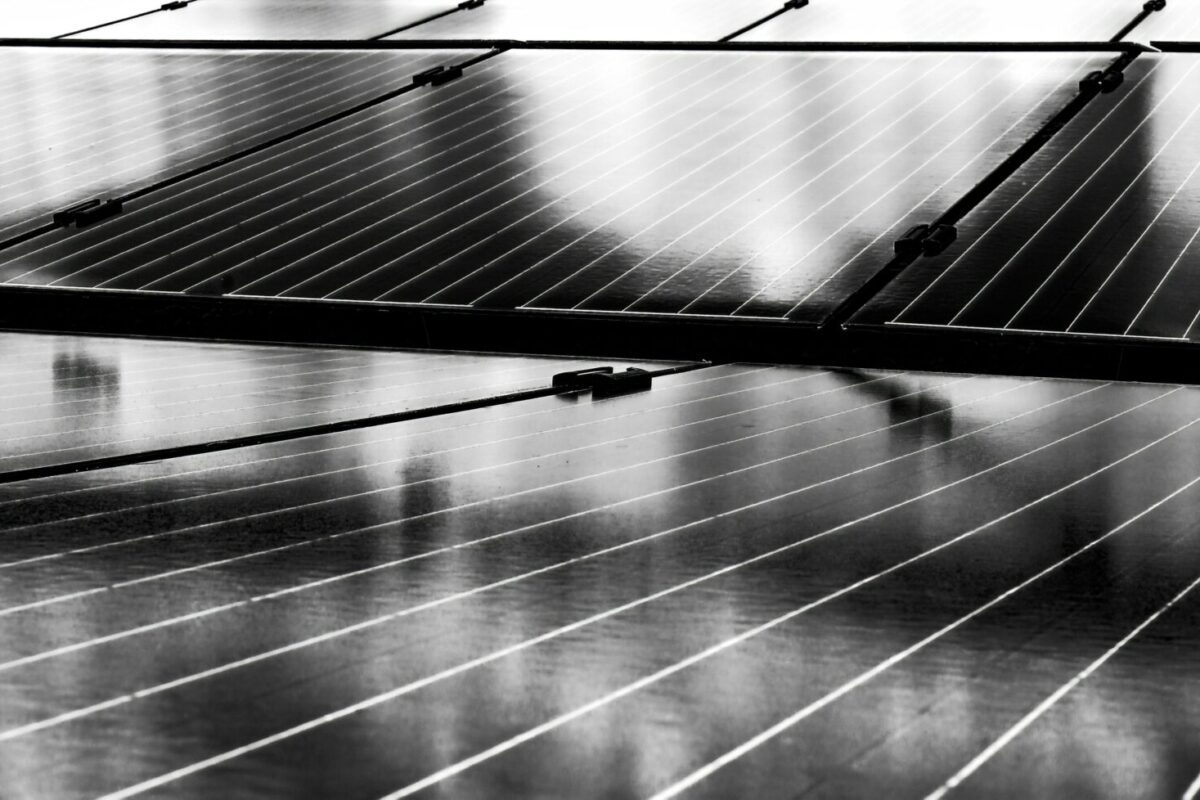From pv magazine USA
Electrical standards provider UL Solutions has released a new cybersecurity protocol, UL 2941, to cover distributed energy and inverter-based resources. Developed with the US Department of Energy’s National Renewable Energy Laboratory (NREL), UL 2941 provides testable requirements for energy storage and generation technologies on the distribution grid. The new cybersecurity protocol provides a framework for photovoltaic inverters, electric-vehicle chargers, wind turbines, fuel cells and other distributed resources operating within a grid interconnection.
The new UL requirement prioritizes cybersecurity standards for power systems that deal with high penetration inverter-based resources, including those interfacing with bulk power systems for periods of instantaneous high wind, solar and hybrid/storage generation. UL 2941 will also promote cybersecurity measures across all new inverter-based resources (IBR) and distributed energy resource (DER) systems.
“The publication of UL 2941 is a milestone toward securing the distributed generation industry,” said Danish Saleem, senior energy systems cybersecurity engineer for NREL. “Equipment manufacturers, asset owners, regulators and government officials now have an established baseline for strengthening the security of their devices such as network-connected IBRs, monitoring devices, and parts of IBR systems that provide software-based and firmware-based controls.”
NREL is securing additional support from the US Department of Energy’s Solar Energy Technologies Office (SETO) to support the new standard. With SETO, NREL will receive formal industry feedback on the listed requirements, develop test procedures, and perform beta testing of devices under the UL 2941 standard, said Saleem.
Products that comply with UL 2941 will be eligible for UL certification. The testing is designed to be an add-on service for inverters, complementing UL 1741, the current standard for power inverters, converters, controllers and interconnection system equipment for distributed energy resources.
To continue reading, please visit our pv magazine USA website.
This content is protected by copyright and may not be reused. If you want to cooperate with us and would like to reuse some of our content, please contact: editors@pv-magazine.com.




1 comment
By submitting this form you agree to pv magazine using your data for the purposes of publishing your comment.
Your personal data will only be disclosed or otherwise transmitted to third parties for the purposes of spam filtering or if this is necessary for technical maintenance of the website. Any other transfer to third parties will not take place unless this is justified on the basis of applicable data protection regulations or if pv magazine is legally obliged to do so.
You may revoke this consent at any time with effect for the future, in which case your personal data will be deleted immediately. Otherwise, your data will be deleted if pv magazine has processed your request or the purpose of data storage is fulfilled.
Further information on data privacy can be found in our Data Protection Policy.